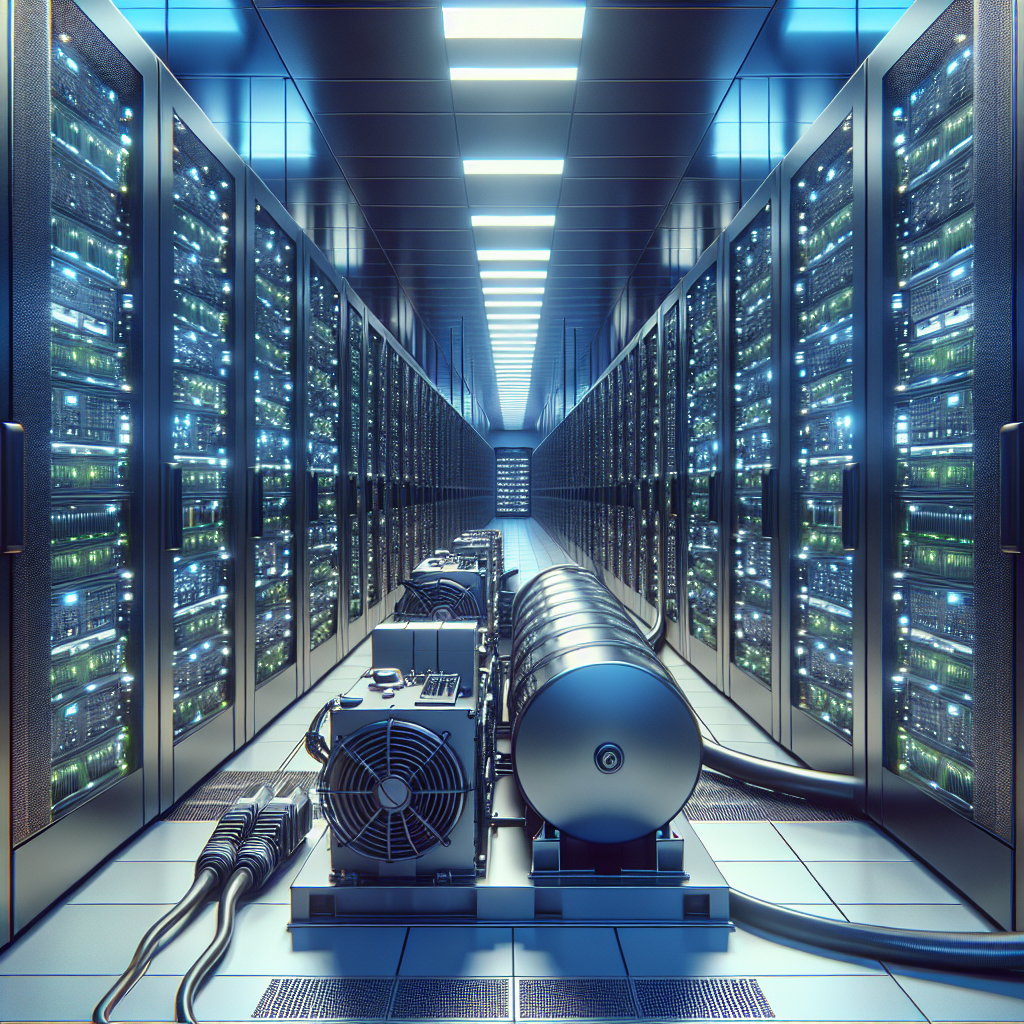Data centers are the backbone of modern businesses, housing the critical IT infrastructure that keeps operations running smoothly. In today’s digital age, where downtime can result in significant financial losses and damage to a company’s reputation, ensuring business continuity is more important than ever. One of the key components of maintaining business continuity in a data center is having a reliable backup power source, such as a generator.
Data center generators play a crucial role in ensuring that operations can continue uninterrupted in the event of a power outage. Whether caused by severe weather, equipment failure, or other unforeseen circumstances, power outages can have a devastating impact on a business, causing data loss, downtime, and lost revenue. By having a generator in place, data centers can mitigate these risks and keep operations running smoothly during power disruptions.
One of the main advantages of having a generator in a data center is its ability to provide backup power quickly and efficiently. In the event of a power outage, a generator can automatically kick in and provide power to critical IT infrastructure, such as servers, networking equipment, and cooling systems. This ensures that operations can continue without interruption, minimizing downtime and ensuring business continuity.
Moreover, data center generators are designed to provide a reliable and consistent source of power, even during extended outages. Unlike battery backups, which have limited capacity and runtime, generators can run for hours or even days on fuel reserves, ensuring that operations can continue until power is restored. This level of reliability and resilience is essential for businesses that rely on their data center operations to deliver products and services to customers.
In addition to providing backup power during outages, data center generators also play a crucial role in maintaining the overall stability and reliability of the power supply. By providing a secondary power source, generators can help prevent voltage fluctuations, surges, and other power quality issues that can damage sensitive IT equipment and disrupt operations. This can help extend the lifespan of critical infrastructure and reduce the risk of costly downtime due to equipment failures.
In conclusion, data center generators are a vital component of any business continuity plan, ensuring that operations can continue uninterrupted in the event of a power outage. By providing a reliable and consistent source of backup power, generators help minimize downtime, protect critical IT infrastructure, and maintain the stability and reliability of the power supply. Investing in a generator for a data center is a smart decision for businesses that rely on their IT infrastructure to drive success and growth in today’s digital economy.


Leave a Reply